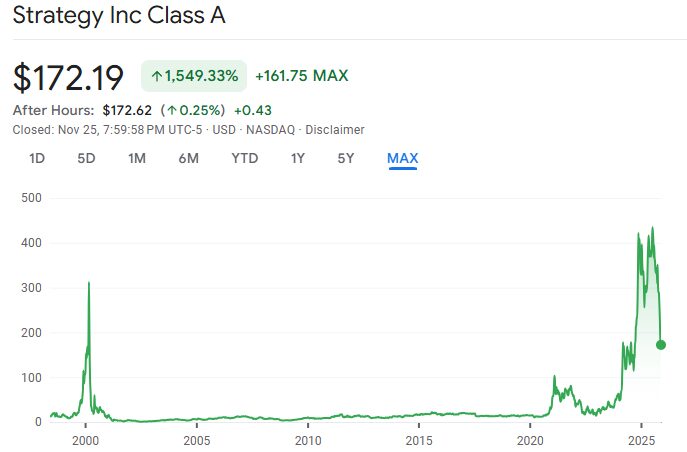Ledger pages blocked as UK’s crypto crackdown hits education, advertising, banking
UK citizens are currently blocked from viewing certain Ledger blog pages, including an educational post on multisig wallets, due to new compliance rules. When visiting these pages, users in the UK receive a message:
“Due to new rules in the UK, certain Ledger.com webpages are restricted.”
These restrictions affect crypto educational resources and are linked to more stringent financial promotions rules instituted by UK regulators in late 2025, requiring strict registration and approval processes for crypto-related content or inducements.
This clampdown means that important guides, like Ledger multi-sig instructions, meant to help users secure their assets or download associated technical materials, are currently inaccessible if their connection is detected as UK-based. Some users have reported needing to rely on VPNs just to access documentation or binary verification files for their hardware wallets.
The Ledger block is part of a broader regulatory trend in the UK
The Ledger situation is part of a broader regulatory trend, as the UK implements a suite of new rules designed to tightly govern crypto communications, restrict unapproved financial promotions, and regulate access to certain investment products.
The intention, according to official statements, is increased consumer protection. But critics argue it puts practical blockchain education and security at arm’s length for UK retail users.
Further reflecting this tightening regulatory environment, a recent Coinbase advertisement was banned in the UK for allegedly making misleading claims and criticizing local economic conditions. The ad was ultimately distributed via online channels after being pulled from television and billboards.
Major banks, particularly NatWest, also continue to restrict crypto transactions for UK residents, refusing business clients who accept Bitcoin and capping deposits for retail customers. Many UK banking apps now warn users against crypto spending or block outbound payments to exchanges, a trend seen as stifling access to digital assets for everyday investors.
Reduced privacy, increased surveillance
Beyond the blocking of certain Ledger pages, the UK’s digital ID scheme, announced in September 2025, will make digital identification mandatory for work eligibility and accessing public services, with government assurances of strong encryption and personal privacy.
Civil liberties groups, however, warn that such systems, especially given their expansion into real-time database checks, pose major risks of surveillance, exclusion, and data breaches, with fears that vulnerable populations could be further marginalized.
The scheme puts Britain squarely into a global trend, as Europe advances a digital euro for retail settlements and discusses programmable central bank digital currencies (CBDCs). This initiative has drawn parallel concerns about anonymity and data use.
Globally, the crackdown on privacy-centric crypto projects has intensified as well. The recent sentencing of Samourai Wallet developer Keonne Rodriguez in the U.S. highlights how privacy-enhancing technologies are being policed and increasingly equated with criminal activity by regulators.
As UK regulators impose heavier controls across banking, advertising, and personal identification, the partial Ledger website blockade could be just one of many more such issues to come.
The post Ledger pages blocked as UK’s crypto crackdown hits education, advertising, banking appeared first on CryptoSlate.
Disclaimer: The content of this article solely reflects the author's opinion and does not represent the platform in any capacity. This article is not intended to serve as a reference for making investment decisions.
You may also like
Bitcoin Updates: Bitcoin Approaches $90k Amidst Economic Challenges as Institutions Seek Protection and Projects Drive Innovation
- Bitcoin surged past $90,000 in Nov 2025 amid JPMorgan's Bitcoin-backed structured notes tied to BlackRock's ETF, signaling institutional adoption. - Bitcoin Munari's $0.10-$3.00 presale with 21M fixed supply and Solana deployment highlights innovation in digital asset scarcity models. - Analysts remain divided on Bitcoin's trajectory, with $80,000 support level critical for avoiding further declines toward $75,000. - JPMorgan's leveraged ETF-linked notes (up to 16% returns) demonstrate institutional risk
The ZK Protocol Boom: Unveiling the Driving Force Behind the Latest Surge
- ZK Protocol's 2025 market surge reflects $28B TVL and 43,000 TPS scalability, driven by zero-knowledge proofs (ZKPs) addressing blockchain's scalability-privacy tradeoff. - Institutional adoption by Goldman Sachs and Deutsche Bank highlights ZK's role in compliance frameworks, with StarkNet's 200% Q4 TVL growth and 70% gas fee reductions. - Regulatory alignment emerges as key strength, with ZK-based solutions enabling EU DSA compliance and CISA-mandated data integrity through cryptographic verification t

Is DAT Boom Collapsing? All Eyes on MSCI’s Deadline

Bitcoin Updates: Senate Decision on Crypto Approaches While ETFs Lose $3.5B and Market Liquidity Declines
- A $101M crypto futures liquidation in October triggered a 30% Bitcoin price drop, marking the largest single-day selloff since 2022 amid ETF outflows and macroeconomic uncertainty. - $3.5B in November ETF redemptions and $4.6B stablecoin outflows highlight liquidity tightening, while leveraged traders face heightened volatility risks as retail investors retreat. - The U.S. Senate's upcoming crypto market structure bill could redefine regulatory clarity, potentially attracting institutional investment if

